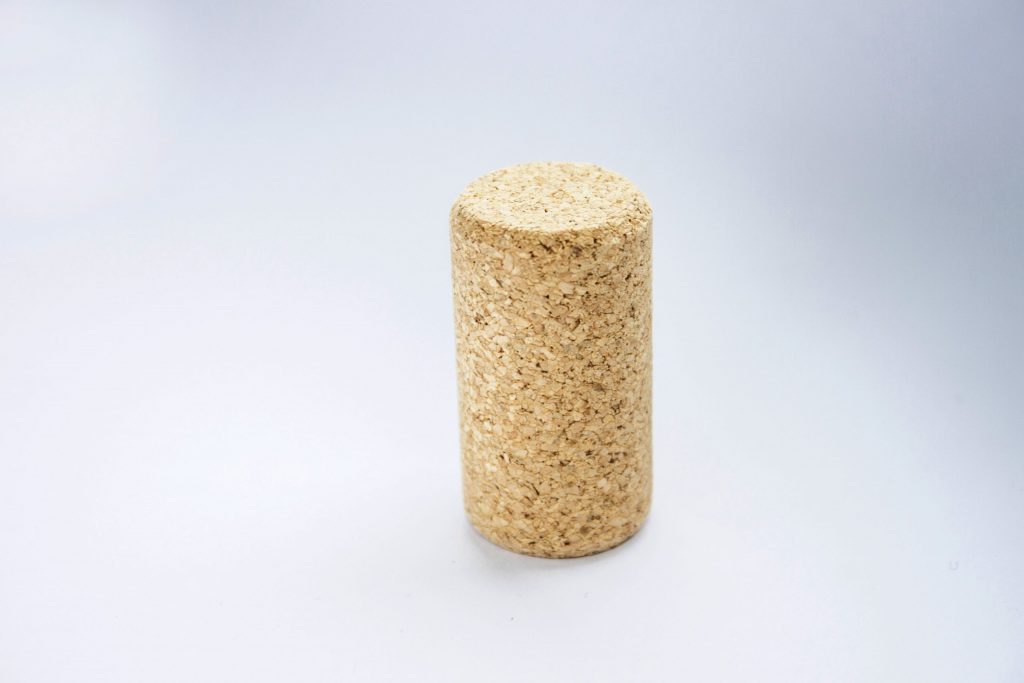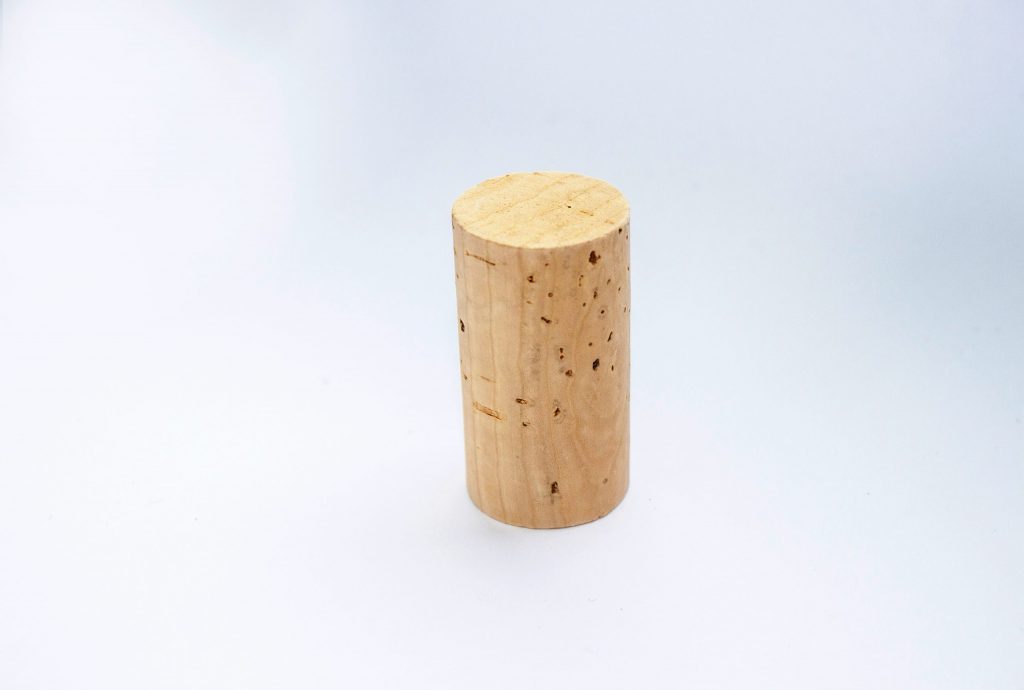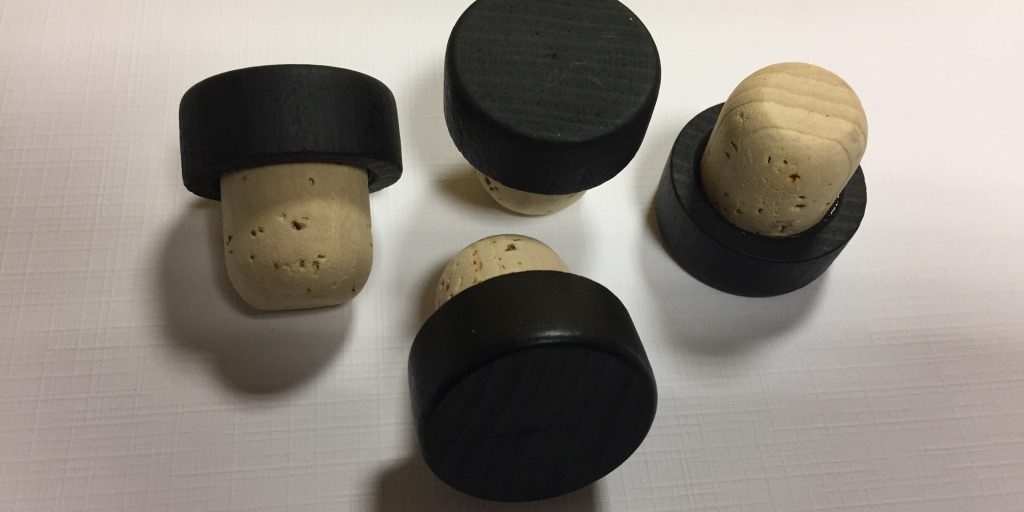There has been massive investment in Portugal from the main players in the cork industry in injection moulding machines to produce micro-agglomerated corks, to produce extremely reliable and consistent corks by the millions. Whilst the machinery itself is expensive, it is highly automated and requires much less man-power to operate than for traditional cork stopper production, making them very cost-efficient to manufacture. Meanwhile natural cork production is still done in much the same way it has been for generations. So specifically in the world of bar-top cork stoppers, which is the best option for your bottling?
First of all, we can clarify some definitions – of course screw cap is the cheapest option for closures and they are a perfectly good option for lower to mid range spirits. But nothing signifies quality and heritage like a cork stopper, so what is the difference between micro-agglomerated and natural cork stoppers?
Micro-agglomerated corks are made by mixing low density cork granules (made by grinding up cork bark, which are then sorted by density and granule size) with a polyurethane binder (the exact blend depends on the specification of the cork stopper being made, but it will be around 95% cork and 5% binder), then this blend is injected into stopper shaped moulds (of which there are many different sizes), which are baked for around an hour and then left to stabilise. For bar-top corks, the moulds will produce ‘stems’, which will of course be significantly smaller than for wine corks; these stems will then be shaped down to size to give the correct dimension for a particular bottle neck, as well as adding a chamfer or rounding to one end (to leave the other flat to be glued to the capsule).
The technology used for to make natural cork stoppers for bar-tops, is a world away from the fancy injection moulding used for micro-agglomerated corks – to make high quality natural corks, strips of cork bark have cork stoppers punched out one by one by a skilled operator (using an appropriately sized punch, depending on the size of cork required) as he visually scans the cork strip to pick the smoothest area of cork he can find (it is always a ‘he’ in Portuguese cork production, but it is a dying profession unfortunately!). Lower quality natural corks can be punched by a machine, but without the operator to scan the cork, the quality is never quite as good. These corks are then scanned by a laser to grade the corks into different qualities of natural cork and the more premium natural corks then sorted by hand (in this case, always by women in Portugal – don’t ask!). As for micro-agglomerated cork, for bar-top stoppers, smaller natural corks will be punched out, which will then be processed in a similar way to produce stems that will be glued to the capsules.
Advantages and disadvantages of micro-agglomerated and natural cork for bar-top stoppers
Micro-agglomerated cork
- Advantages:
- Generally less expensive than natural cork.
- Provides more consistency in terms of quality and performance.
- No risk of TCA (cork taint) contamination.
- Disadvantages:
- May not have the same premium image as natural cork.
- Does micro-agglomerated corks do not allow for as much oxygen exchange as natural cork, so preventing ageing in the bottle (when applicable)
- Contains small amount of poly-urethane binder, so is not as environmentally friendly as 100% natural cork.

Natural Cork:
- Advantages:
- Has more elasticity and so gives a tighter seal for a more perfect fit.
- Has a more organic appearance, giving it a more premium look.
- Is 100% renewable, natural and compostable.
- Disadvantages:
- Very high quality natural cork is substantially more expensive than lower qualities or micro-agglomerated.
- There is a risk of cork taint and colour transfer, although this has now been reduced to almost zero using new technologies.
- Even high quality natural corks can have structural flaws, which can make them more susceptible to breaking.

To summarise all this information, with micro-agglomerated cork, you will get consistency and reliabilty at a lower cost, whilst with natural cork, you will get a more premium feel and performance with a 100% natural product. The broad movement of the market is towards micro-agglomerated corks as the larger brands prioritise price and consistency over the slightly less tangible benefits of natural cork, but there are plenty of artisan and premium brands out there who still understand and value the charm of natural cork. If you are looking for a bar-top corks supplier, please get in touch for more information.








